Discover the Best Soaps for Clean and Hydrated Hands
Keeping our hands clean is important, but sometimes the harsh chemicals in soap can leave our skin dry and irritated. That’s why finding a hand soap that is tough on dirt and germs, while still being gentle on your skin, is essential. In this article, we’ll be discussing the benefits of using a hand soap that strikes the right balance between cleansing power and skin sensitivity. We’ll also explore some of the best hand soaps on the market that provide a thorough clean without sacrificing the health and well-being of your skin.
Hand hygiene has never been more important than it is today. The ongoing COVID-19 pandemic has reminded us all of the importance of keeping our hands clean and free of harmful germs and bacteria. However, hand hygiene isn’t just about protecting ourselves and others from disease. It’s also an essential part of maintaining healthy, hydrated skin. That’s where hand soap comes in. Hand soap is a crucial tool in our daily hygiene routine, helping us to remove dirt, grime, and bacteria while keeping our hands soft and moisturized. But with so many different types of hand soap on the market, how do you know which one to choose? In this blog post, we’ll cover everything you need to know about hand soap, including the different types available, how to choose the best one for your needs, and how to use it effectively to maintain good hand hygiene.
Soap that’s Tough on Dirt, Gentle on Skin
The importance of hand hygiene
Hand hygiene is a crucial aspect of maintaining good health and preventing the spread of infectious diseases. Our hands are constantly exposed to germs and bacteria, which can be easily transmitted to other people and surfaces through touch. Touching contaminated surfaces or objects and then touching our face, mouth, or eyes can introduce harmful pathogens into our bodies, potentially leading to illnesses like colds, flu, and other infectious diseases.
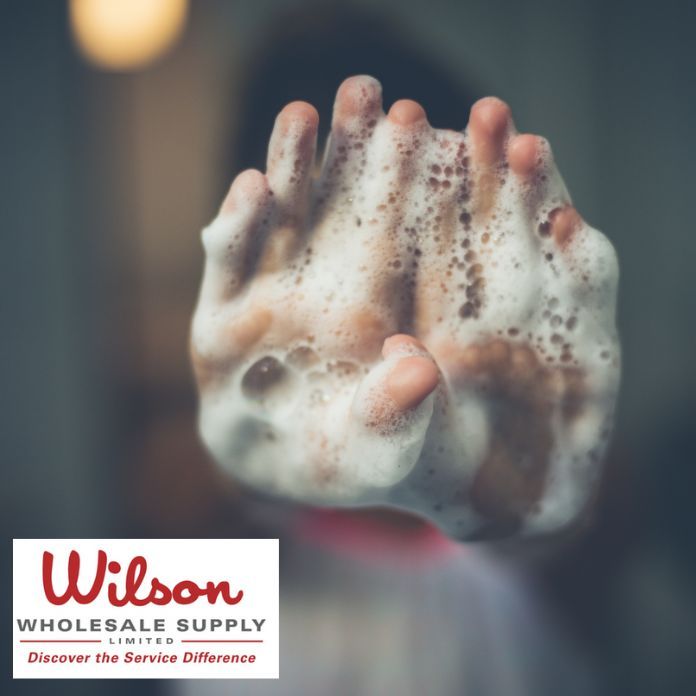
Proper hand hygiene, which includes washing our hands thoroughly with soap and water, can help to reduce the spread of germs and bacteria. The Centers for Disease Control and Prevention (CDC) recommends that we wash our hands regularly throughout the day, especially after using the bathroom, before and after handling food, after blowing our nose or coughing, and after being in public places.
In addition to preventing the spread of infectious diseases, hand hygiene can also help to keep our skin healthy and hydrated. Frequent hand washing can strip the skin of its natural oils, leading to dryness and irritation. However, using a moisturizing hand soap or applying a hand cream after washing can help to keep our skin soft and supple.
It’s important to note that hand hygiene is not just a concern during a pandemic. Practicing good hand hygiene is an essential part of maintaining overall health and preventing the spread of illnesses at all times. By making hand washing a regular part of our daily routine, we can help to protect ourselves and those around us from harmful pathogens and promote better health and wellbeing.
The role of soap in hand hygiene
Hand soap plays a vital role in maintaining proper hand hygiene. While water alone can help to remove some dirt and bacteria from our hands, it’s not enough to effectively eliminate harmful pathogens. That’s where hand soap comes in.

Hand soap works by emulsifying dirt, oils, and bacteria on the surface of our skin, making it easier to rinse them away with water. When we wash our hands with soap and water, we create a mechanical action that helps to dislodge dirt and bacteria from the skin. The soap also contains ingredients that can kill or inhibit the growth of bacteria and viruses, further reducing the risk of infection.
Different types of hand soap are available on the market, including liquid, foaming, and bar soap. Liquid and foaming hand soaps are often preferred over bar soap because they are less likely to harbor bacteria on their surface, and they’re easier to use in public settings.
Hand soap can also contain moisturizing ingredients like glycerin or shea butter, which help to keep our skin soft and hydrated. This is especially important since frequent hand washing can strip the skin of its natural oils and lead to dryness and irritation.
To effectively use hand soap in hand hygiene, it’s important to wash our hands thoroughly for at least 20 seconds with warm water and soap, making sure to scrub all surfaces of the hands, including the backs, between the fingers, and under the nails. By incorporating hand soap into our daily hand hygiene routine, we can help to reduce the spread of harmful pathogens and maintain healthy, clean hands.
Brief overview of what the blog post will cover
In this blog post, we will provide a comprehensive guide to hand soap, covering everything you need to know about how to choose and use it effectively to maintain good hand hygiene. We’ll start by discussing the importance of hand hygiene and the role of hand soap in preventing the spread of germs and bacteria. Next, we’ll dive into the different types of hand soap available on the market, including liquid, foaming, and bar soap, and discuss the pros and cons of each. We’ll also cover important factors to consider when choosing a hand soap, such as skin type, scent preference, and eco-friendliness. Additionally, we’ll provide tips on how to use hand soap properly to ensure maximum effectiveness. Finally, we’ll share some of the best hand soaps available on the market today, including options for sensitive skin, eco-friendly choices, and luxury hand soaps. By the end of this blog post, you’ll have all the information you need to choose the best hand soap for your needs and maintain optimal hand hygiene.
Understanding Soap

Hand soap is a simple yet powerful tool in the fight against germs and bacteria. However, not all hand soaps are created equal. Understanding the different types of hand soap available, their ingredients, and how to use them properly can help you make informed decisions about the best hand soap for you and your family’s needs.
Types of Soap
There are three main types of hand soap: liquid, foaming, and bar soap. Liquid hand soap is the most commonly used type and can come in a pump or refillable bottle. Foaming hand soap is a newer type of hand soap that is becoming increasingly popular because it is more eco-friendly and easier to use in public settings. Bar soap is the traditional type of soap, but it is less popular due to concerns about hygiene and bacterial contamination.
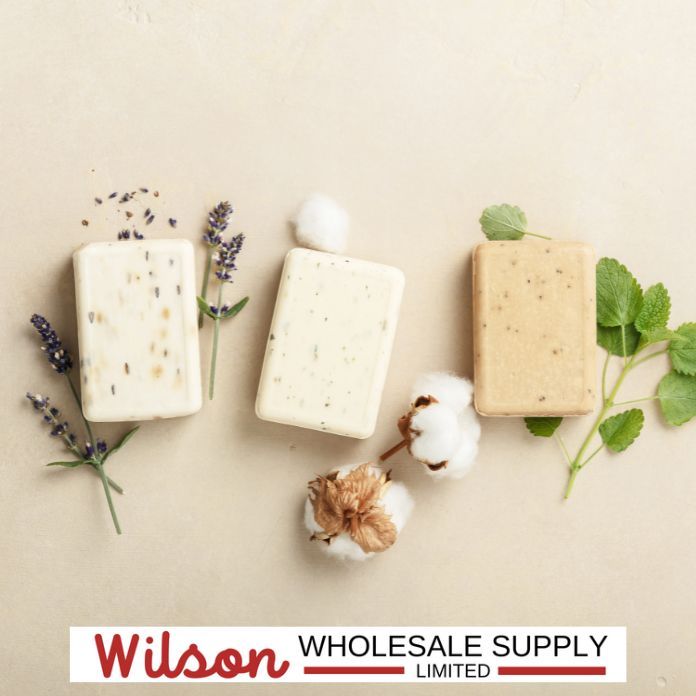
Ingredients
Hand soap can contain a range of ingredients, including antibacterial agents, moisturizers, and fragrances. However, it’s important to note that not all antibacterial soaps are more effective than regular soap at preventing the spread of germs and bacteria. In fact, the FDA has banned some antibacterial agents in hand soap because of concerns about their safety and effectiveness.
Moisturizers are an essential component of hand soap because frequent hand washing can lead to dry, irritated skin. Look for hand soaps that contain natural moisturizers like shea butter or glycerin.
Fragrances can be appealing in hand soap, but they can also irritate sensitive skin. If you have sensitive skin, opt for unscented or fragrance-free hand soap.
Using Soap Properly
To effectively use hand soap, wet your hands with warm water and apply the soap. Lather the soap between your hands, making sure to scrub all surfaces of the hands, including the backs, between the fingers, and under the nails. Scrub for at least 20 seconds, or about the length of time it takes to sing “Happy Birthday” twice. Rinse thoroughly with warm water and dry with a clean towel or air dry.

Choosing the Best Soap
When choosing the best hand soap, consider factors like skin type, scent preference, and eco-friendliness. Look for hand soaps that contain natural moisturizers, are fragrance-free or contain natural scents, and are free from harmful antibacterial agents.
In conclusion, hand soap is an essential tool in maintaining good hand hygiene. Understanding the different types of hand soap, their ingredients, and how to use them properly can help you choose the best hand soap for you and your family’s needs.
Choosing the Best HandSoap for Your Needs
Choosing the best hand soap for your needs is an important decision that can impact your health and well-being. With so many options on the market, it can be overwhelming to know which hand soap is right for you. In this section, we’ll discuss important factors to consider when choosing the best hand soap for your needs.

Skin Type
Consider your skin type when choosing a hand soap. If you have sensitive skin, look for hand soaps that are fragrance-free and contain natural moisturizers like shea butter or glycerin. If you have oily skin, choose a hand soap that is gentle and doesn’t contain harsh chemicals that can strip your skin of its natural oils. If you have dry skin, choose a hand soap that contains natural moisturizers like aloe vera or vitamin E.
Scent Preference
Hand soap can come in a variety of scents, including floral, fruity, and musky. If you have sensitive skin, opt for unscented or fragrance-free hand soap. If you prefer scented hand soap, look for options that contain natural scents like essential oils.
Eco-Friendliness
Many hand soaps contain harmful chemicals and are packaged in plastic bottles that are not eco-friendly. If you’re concerned about the environmental impact of your hand soap, choose eco-friendly options like refillable hand soap dispensers or bar soap wrapped in paper packaging. Look for hand soaps that are free from harmful chemicals and are made with natural, biodegradable ingredients.
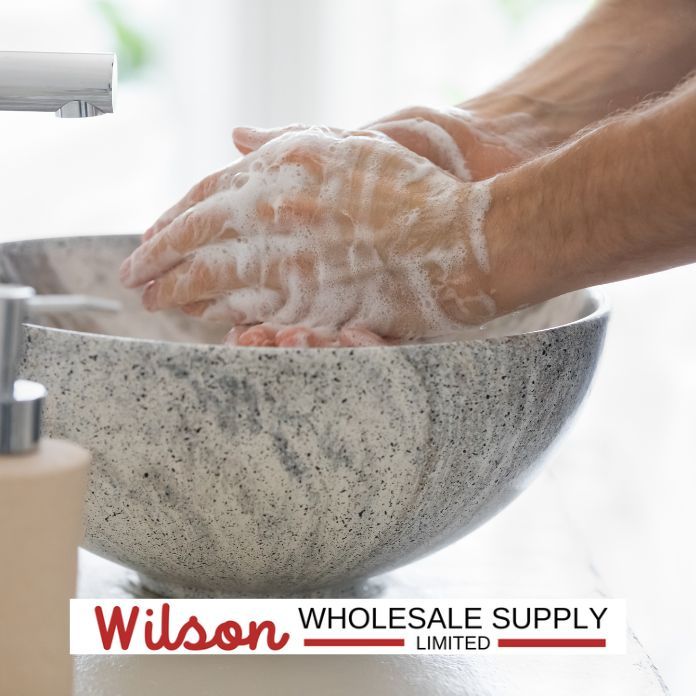
Antibacterial Agents
Not all antibacterial hand soaps are created equal. Some antibacterial agents have been banned by the FDA due to concerns about their safety and effectiveness. In fact, regular soap is just as effective as antibacterial soap at preventing the spread of germs and bacteria. If you choose to use antibacterial hand soap, look for options that contain safe and effective antibacterial agents like benzalkonium chloride.
Brand Reputation
Consider the brand reputation when choosing a hand soap. Look for brands that have a history of producing high-quality, effective hand soap. Read reviews from other consumers to see their experiences with the product.
In conclusion, choosing the best hand soap for your needs involves considering important factors like skin type, scent preference, eco-friendliness, antibacterial agents, and brand reputation. By taking the time to choose the best hand soap for you and your family’s needs, you can ensure optimal hand hygiene and protect your health and well-being.
How to Use Soap Effectively
Using hand soap effectively is essential to maintaining good hand hygiene and preventing the spread of germs and bacteria. Here are some tips on how to use hand soap effectively:
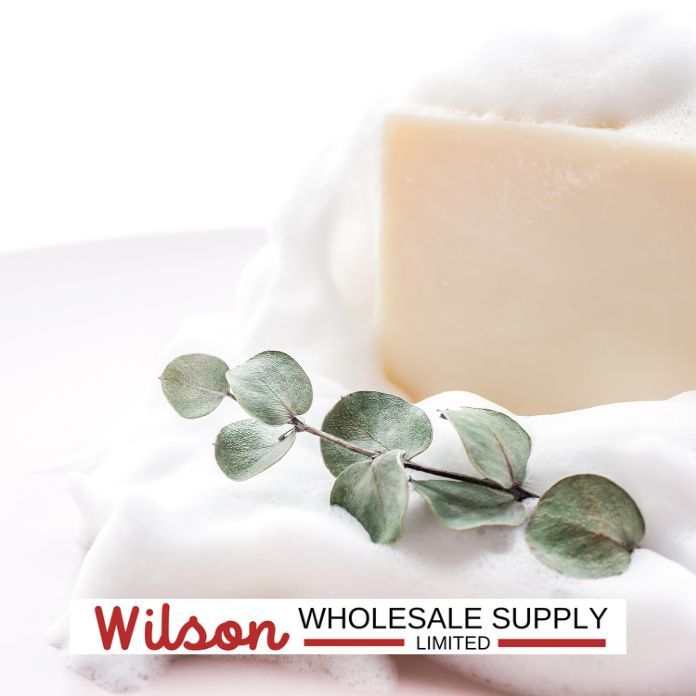
1, Wet your hands with warm water.
2, Apply enough soap to cover all surfaces of your hands, including between your fingers and under your nails.
3, Rub your hands together for at least 20 seconds, making sure to scrub all surfaces of your hands thoroughly.
4, Rinse your hands thoroughly with warm water.
5, Dry your hands with a clean towel or air dry them.
It’s important to note that washing your hands with soap and water is more effective at removing germs and bacteria than using hand sanitizer alone. However, if soap and water are not available, hand sanitizer can be used as an alternative.
Additionally, it’s important to wash your hands frequently throughout the day, especially before eating or preparing food, after using the restroom, after blowing your nose or coughing, and after touching surfaces that may be contaminated with germs.
By following these tips and using hand soap effectively, you can help prevent the spread of illness and maintain good hand hygiene.
Tips for Storing and Dispensing Soap
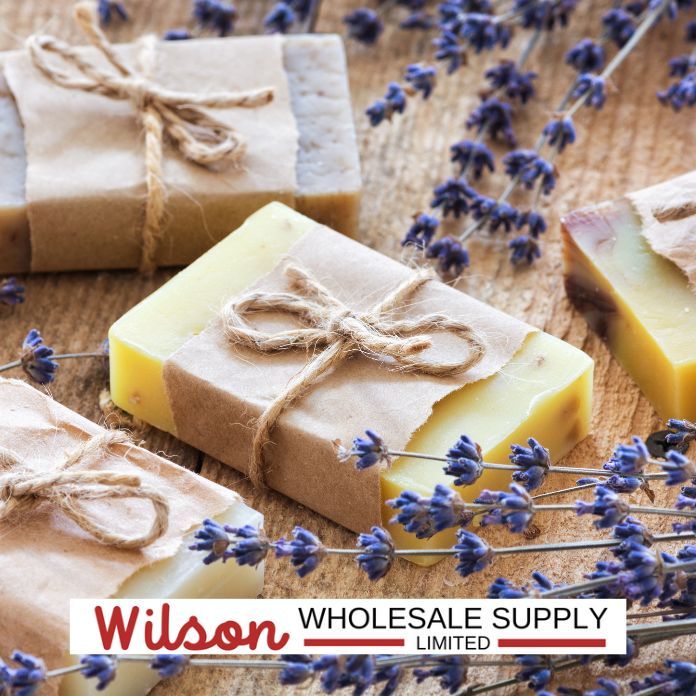
Storing and dispensing hand soap may seem like a simple task, but it’s important to do it correctly to ensure the effectiveness of the soap and maintain good hand hygiene. Here are some tips for storing and dispensing hand soap:
- Choose the Right Dispenser: Choose a dispenser that is easy to use, easy to refill, and can dispense the right amount of soap. Some popular options include pump dispensers, touchless dispensers, and wall-mounted dispensers.
- Keep the Dispenser Clean: Regularly clean the dispenser to prevent the buildup of bacteria and other germs. Wipe down the dispenser with a clean cloth or paper towel and a mild detergent or disinfectant.
- Refill the Dispenser Regularly: Ensure that the dispenser is always filled with soap to ensure that it’s readily available when needed. Refill the dispenser before it’s completely empty to ensure that there is always soap available for use.
- Store Soap in a Cool, Dry Place: Store soap in a cool, dry place away from direct sunlight and heat sources. Excessive heat and sunlight can cause the soap to break down and lose effectiveness.
- Don’t Overuse Soap: Use only the amount of soap needed to clean your hands. Using too much soap can lead to wastage and clogging of the dispenser.
- Avoid Touching the Dispenser: If using a touchless dispenser, avoid touching the sensor or dispenser with dirty hands to prevent the spread of germs.
By following these tips for storing and dispensing hand soap, you can ensure that your soap is effective and always readily available when you need it, helping you to maintain good hand hygiene and prevent the spread of illness.
Conclusion

In conclusion, good hand hygiene is essential for maintaining good health and preventing the spread of illness. Using hand soap effectively is a key part of good hand hygiene, as it helps to remove germs and bacteria from your hands. When choosing a hand soap, it’s important to consider your needs and choose a soap that is effective at killing germs, but also gentle on your skin.
Storing and dispensing hand soap correctly is also important to ensure that the soap is effective and readily available when needed. By choosing the right dispenser, keeping it clean, and refilling it regularly, you can ensure that your hand soap is always available when you need it.
By following the tips outlined in this blog post, you can help maintain good hand hygiene, prevent the spread of illness, and keep yourself and those around you healthy. Remember, washing your hands with soap and water is one of the most effective ways to prevent the spread of germs and illness, so be sure to wash your hands frequently throughout the day, especially before eating or preparing food, after using the restroom, and after coughing or sneezing.
One more point, hand hygiene is an important part of staying healthy and preventing the spread of illness and disease. Using the right type of hand soap, whether it’s liquid, foaming, or luxury, can help keep your hands clean and healthy.
Refilling your hand soap dispenser with the best hand soap refill can save you money and reduce waste. And by choosing to buy hand soap wholesale or in bulk, you can ensure that you always have plenty of soap on hand. With so many options available, including foaming hand soap and luxury hand soap, it’s easy to find the best hand soap for your needs.
So whether you’re looking for hand soap near me or liquid hand soap wholesale, make sure to take the time to choose the best hand soap for you and your family. Remember to use hand soap effectively, store and dispense it properly, and make hand hygiene a regular part of your daily routine.
FAQ

Q: What is hand hygiene?
A: Hand hygiene refers to the practice of cleaning your hands to remove germs and bacteria. This can be done by washing your hands with soap and water, or by using hand sanitizer.
Q: Why is hand hygiene important?
A: Good hand hygiene is important for preventing the spread of illness and disease. Germs and bacteria can easily be transferred from your hands to surfaces, food, and other people, so it’s important to keep your hands clean to reduce the risk of infection.
Q: What is handsoap?
A: Hand soap is a cleaning agent that is specifically designed to clean your hands. It typically contains ingredients that help to kill germs and bacteria, as well as moisturizing ingredients to help prevent dryness and irritation.
Q: What type of soap is best for me?
A: The type of hand soap that is best for you depends on your needs and preferences. If you have sensitive skin, you may want to choose a gentle, fragrance-free soap. If you work in a healthcare setting or come into contact with a lot of germs, you may want to choose an antibacterial soap. Foaming hand soap is a popular option because it’s easy to dispense and can help you use less soap overall.
Q: How often should I wash my hands?
A: It’s important to wash your hands frequently throughout the day, especially before eating or preparing food, after using the restroom, after blowing your nose or coughing, and after touching surfaces that may be contaminated with germs.
Q: Is hand sanitizer as effective as hand washing?
A: Hand sanitizer can be effective at killing germs and bacteria, but it’s not as effective as washing your hands with soap and water. If soap and water are available, it’s best to use them to clean your hands. However, hand sanitizer can be used as an alternative when soap and water are not available.
Q: How do I use soap effectively?
A: Wet your hands with warm water, apply enough soap to cover all surfaces of your hands, rub your hands together for at least 20 seconds, rinse your hands thoroughly with warm water, and dry your hands with a clean towel or air dry them.
Q: How should I store and dispense soap?
A: Store soap in a cool, dry place away from direct sunlight and heat sources. Use a dispenser that is easy to use, easy to refill, and can dispense the right amount of soap. Clean the dispenser regularly to prevent the buildup of bacteria and other germs, and refill it regularly to ensure that there is always soap available for use.
Thank you for checking out our Blog Post: Soap that’s Tough on Dirt, Gentle on Skin
Links
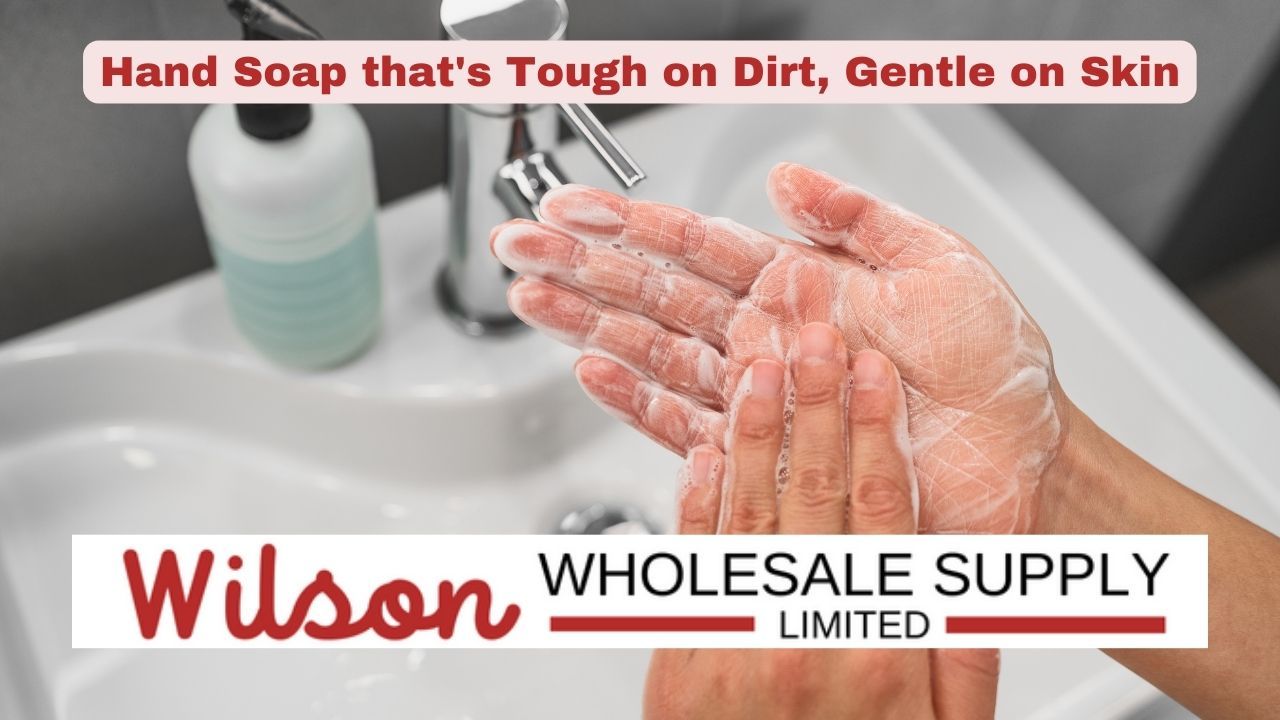
0 Comments